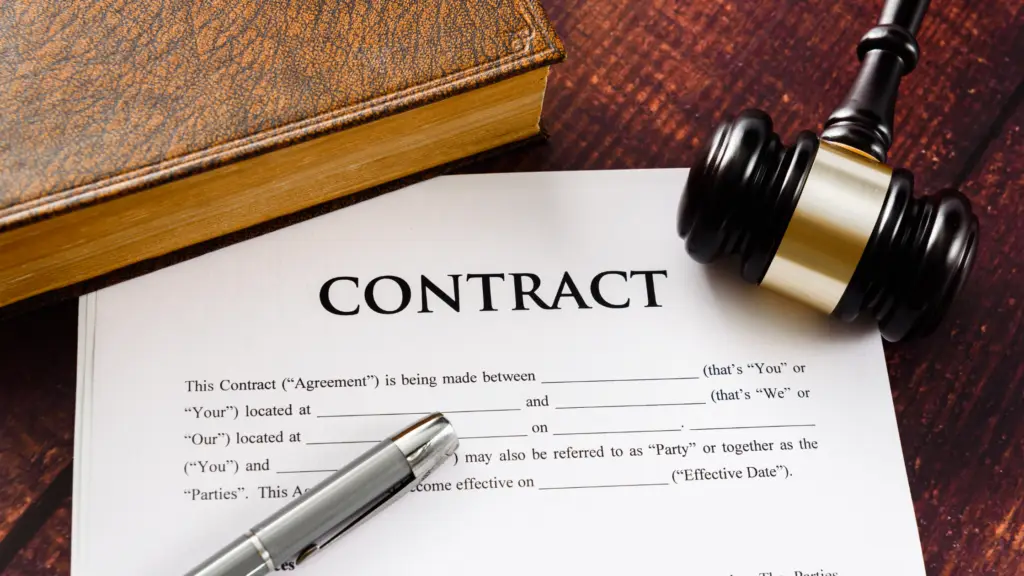
In the world of business, contracts are the backbone of agreements, outlining the rights and obligations of all parties involved. However, not all contracts proceed smoothly, and disputes can arise, leading to a need for legal intervention. This blog will delve into the realm of disputing contracts and provide insights into how businesses can prevent contract disputes effectively.
Understanding Contract Disputes
Contract disputes are legal conflicts that arise when one or more parties involved in a contract believe that the terms of the agreement have been violated or that there has been a breach of contract. These disputes can encompass a wide range of issues, including:
Non-Payment: Failure to receive payment for goods or services as per the contract.
Breach of Terms: Violations of the terms and conditions outlined in the contract.
Misrepresentation: Deceptive or fraudulent practices by one party during the contract negotiation or execution.
Delays: When one party doesn’t fulfill its obligations within the agreed-upon time frame.
Quality Issues: Disagreements about the quality or specifications of products or services provided.
Termination: Conflicts regarding the right to terminate or cancel the contract.
Force Majeure: Disputes arising due to unforeseen events that prevent the contract from being fulfilled.
Steps to Address Contract Disputes
Review the Contract Thoroughly: Carefully review the contract to understand each party’s obligations, rights, and any dispute resolution clauses.
Open Communication: Initiate communication with the other party to discuss the dispute. Many disputes can be resolved through negotiation and open dialogue.
Alternative Dispute Resolution (ADR): Consider alternative methods of resolving the dispute, such as mediation or arbitration, if the contract contains ADR clauses.
Legal Advice: Seek legal counsel to evaluate the merits of your case and explore potential legal remedies. An experienced business litigation attorney can provide invaluable insights.
Litigation: If other resolution methods fail, consider filing a lawsuit to protect your rights and interests. Litigation may involve a court trial, and the outcome is determined by a judge or jury.
Enforceable Remedies: Be aware of the available remedies, such as specific performance (forcing the other party to fulfill the contract) or monetary damages.
Document Everything: Keep meticulous records of all communications, contracts, and any other relevant documentation to support your case.
Preventing Contract Disputes
Preventing contract disputes is often more cost-effective and efficient than resolving them. Businesses can take several proactive measures to minimize the risk of contract disputes:
Clear and Precise Contracts: Draft contracts with unambiguous language and specific terms to reduce potential areas of dispute.
Legal Review: Have an attorney review contracts to ensure compliance with local laws and regulations.
Dispute Resolution Clauses: Include clear dispute resolution clauses in contracts, outlining the process for handling disputes.
Record-Keeping: Maintain thorough records of all contract-related documents, communications, and changes.
Regular Reviews: Periodically review and assess existing contracts to identify any potential issues and take corrective action.
Conclusion
Contract disputes are a common occurrence in the world of business. By understanding the nature of contract disputes, following appropriate steps for resolution, and taking proactive measures to prevent them, businesses can navigate the complex waters of business litigation law and protect their interests while maintaining professional relationships. Legal guidance is often crucial in these matters, as experienced attorneys can help businesses make informed decisions and pursue the most effective course of action.

